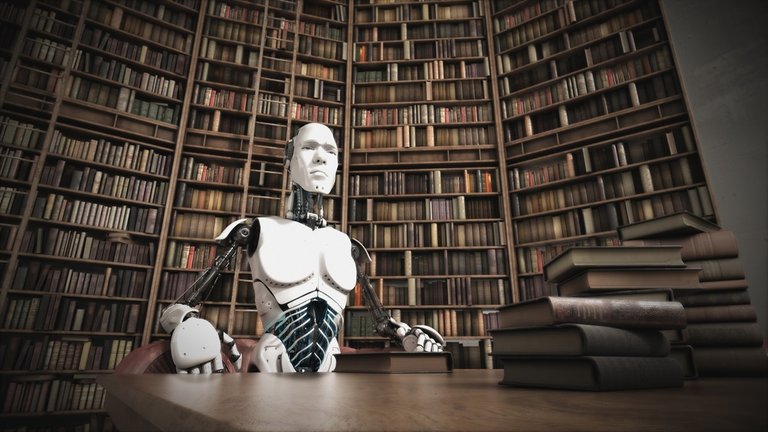
Machine Learning Reference Material Guide
Math Theory
Linear Argebra:
In ML, Linear Algebra comes up everywhere. Topics such as Principal Component Analysis (PCA), Singular Value Decomposition (SVD), Eigendecomposition of a matrix, LU Decomposition, QR Decomposition/Factorization, Symmetric Matrices, Orthogonalization & Orthonormalization, Matrix Operations, Projections, Eigenvalues & Eigenvectors, Vector Spaces and Norms are needed for understanding the optimization methods used for machine learning.
- Deep Learning Book, Chapter 2: Linear Algebra. A quick review of the linear algebra concepts relevant to machine learning. https://goo.gl/O5vgpm
- A First Course in Linear Model Theory by Nalini Ravishanker and Dipak Dey. Textbook introducing linear algebra in a statistical context. https://goo.gl/2A4Wi5
Probability Theory and Statistics:
Because Machine Learning and Statistics aren’t very different fields. Some of the fundamental Statistical and Probability Theory needed for ML are Combinatorics, Probability Rules & Axioms, Bayes’ Theorem, Random Variables, Variance and Expectation, Conditional and Joint Distributions, Standard Distributions (Bernoulli, Binomial, Multinomial, Uniform and Gaussian), Moment Generating Functions, Maximum Likelihood Estimation (MLE), Prior and Posterior, Maximum a Posteriori Estimation (MAP) and Sampling Methods.
- All of Statistics: A Concise Course in Statistical Inference, by Larry Wasserman. Introductory text on statistics: https://goo.gl/lSSXYU
Calculus:
Some of the necessary topics include Differential and Integral Calculus, Partial Derivatives, Vector-Values Functions, Directional Gradient, Hessian, Jacobian, Laplacian and Lagragian Distribution.
- Calculus: A Complete Introduction by Hugh Neill: https://goo.gl/WsMJYG
Algorithms and Complex Optimizations:
This is important for understanding the computational efficiency and scalability of our Machine Learning Algorithm and for exploiting sparsity in our datasets. Knowledge of data structures (Binary Trees, Hashing, Heap, Stack etc), Dynamic Programming, Randomized & Sublinear Algorithm, Graphs, Gradient/Stochastic Descents and Primal-Dual methods are needed.
- Data Structures and Algorithms in Java. By Robert Lafore: https://goo.gl/CJXDq2 Although it has Java in the title, the content of this book applies to any other language.
Machine Learning:
- Deep Learning (Adaptive Computation and Machine Learning series) by Ian Goodfellow: https://goo.gl/O5vgpm
- Hands-On Machine Learning with Scikit-Learn and TensorFlow: Concepts, Tools, and Techniques to Build Intelligent Systems: https://goo.gl/mDxPaU
Hi! I am a robot. I just upvoted you! I found similar content that readers might be interested in:
https://towardsdatascience.com/the-mathematics-of-machine-learning-894f046c568
This is a free service for new steemit users, to support them and motivate them to continue generating valuable content for the community.
<3 This is a heart, or an ice cream, you choose.Hello @rei-colina, upv0t3
:)
R4ND0M:
7279 2502 9404 8069
3938 9459 2047 9960
6642 9071 5341 2518
1064 2822 9337 1285
Congratulations @rei-colina! You have received a personal award!
Click on the badge to view your Board of Honor.
Do not miss the last post from @steemitboard:
Congratulations @rei-colina! You received a personal award!
You can view your badges on your Steem Board and compare to others on the Steem Ranking
Vote for @Steemitboard as a witness to get one more award and increased upvotes!